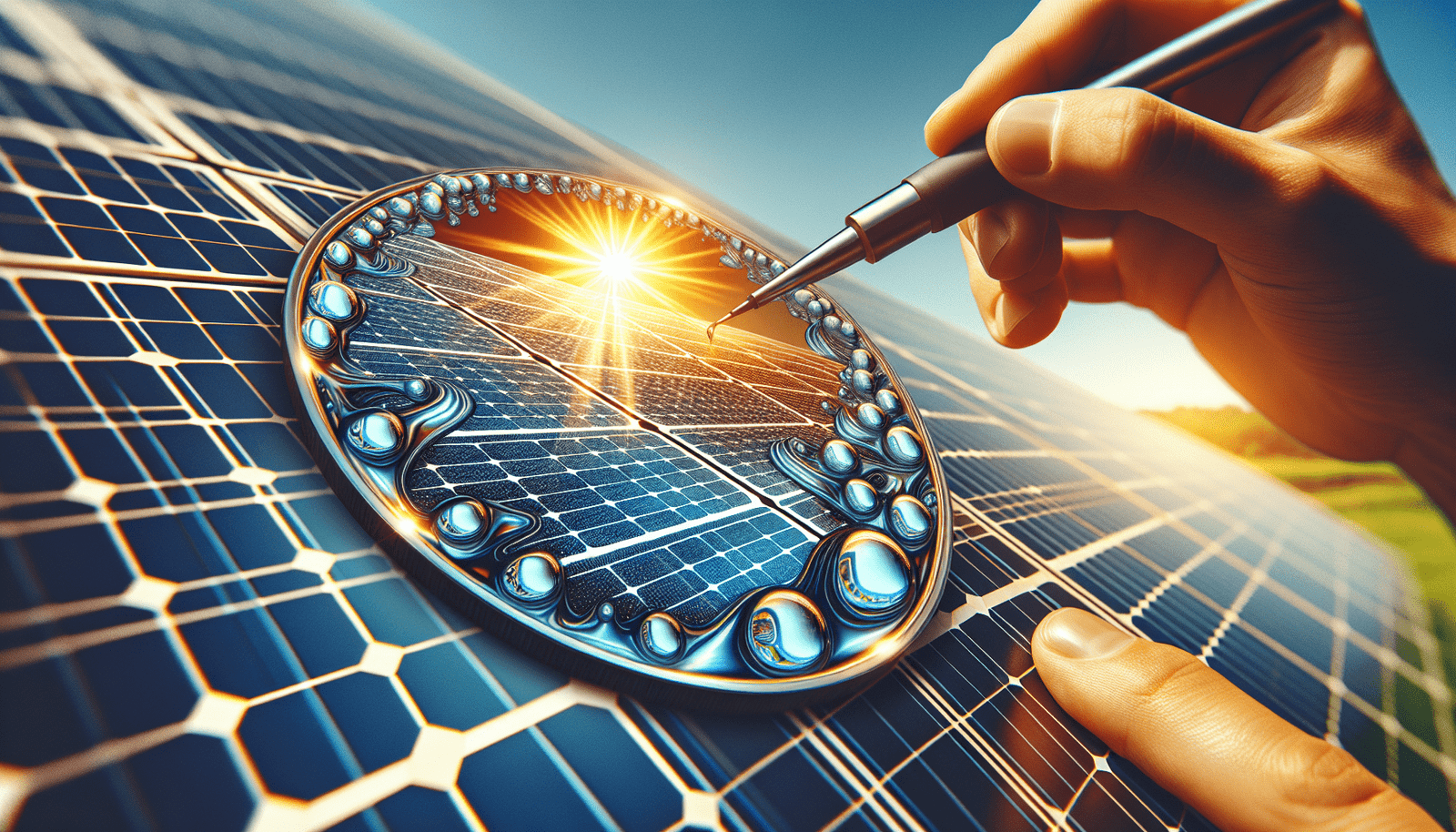Solar lights are an amazing addition to any outdoor space, providing both aesthetic appeal and practicality. However, ensuring that these lights last as long as possible requires a little bit of extra care and attention. In this article, we will share with you 10 invaluable tips that will help you maximize the lifespan of your solar lights. From proper placement and regular maintenance to optimizing solar panel exposure and choosing the right batteries, these tips will ensure that your solar lights shine brightly for years to come. So, if you want to make the most out of your investment and enjoy well-lit evenings in your garden, read on!
Choose High-Quality Solar Lights
When it comes to choosing solar lights, it is important to opt for high-quality options. Look for reputable brands that have a proven track record in the solar lighting industry. These brands have the experience and expertise to provide you with reliable and long-lasting solar lights. Additionally, check for certifications such as the CE mark or the RoHS mark to ensure that the lights meet the necessary standards for safety and quality. Reading customer reviews can also give you valuable insights into the performance and durability of the solar lights.
Install in Optimal Locations
The location where you install your solar lights can greatly impact their performance. To ensure that your lights receive optimal sunlight exposure, place them in areas that receive direct sunlight for the majority of the day. Avoid shady areas where the solar panels may not be able to capture enough sunlight to charge the batteries effectively. It is also important to place the lights away from any obstructions such as trees or buildings that may cast shadows on the solar panels.
Clean Solar Panels Regularly
To maintain the efficiency of your solar lights, it is crucial to clean the solar panels regularly. Over time, dirt, dust, and debris can accumulate on the surface of the panels, reducing their ability to capture sunlight. To clean the panels, simply remove any loose dirt and debris using a soft brush or cloth. For tougher stains, you can use mild soap and water. Avoid using abrasive cleaners or materials that can scratch the surface of the solar panels.
Protect from Extreme Weather Conditions
While solar lights are designed to withstand outdoor conditions, it is important to take precautions during extreme weather events. In the case of severe storms or high winds, it is advisable to remove the lights and store them indoors to prevent any damage. If leaving the lights outdoors during inclement weather, consider covering them with a waterproof material to protect them from rain and snow. Additionally, take measures to prevent frost and ice accumulation on the solar panels by clearing them regularly.
Replace Rechargeable Batteries
Rechargeable batteries are a crucial component of solar lights, and over time, they may lose their ability to hold a charge effectively. It is important to follow the manufacturer’s recommendations regarding battery replacement. Using high-quality batteries that are compatible with your solar lights is essential for optimal performance. When replacing the batteries, be sure to dispose of the old ones properly according to local regulations.
Use Energy-Efficient LED Bulbs
LED bulbs are an excellent choice for solar lights due to their energy efficiency and long lifespan. When selecting LED bulbs for your solar lights, choose lower wattage options to conserve energy. Additionally, consider the color temperature of the bulbs. Warm white or cool white light options are popular choices for outdoor lighting as they provide a pleasant and inviting ambiance.
Adjust Lighting Settings
Many solar lights offer adjustable settings to customize their brightness and duration. Setting the desired brightness level can help you achieve the perfect lighting for your outdoor space. Additionally, adjusting the lighting duration can extend the operating time of your solar lights or conserve energy when needed. Some solar lights also come with motion sensor settings, allowing them to turn on when they detect movement nearby. Consider these settings to maximize the functionality and efficiency of your solar lights.
Store Solar Lights during Winter
If you live in an area with harsh winters, it is advisable to store your solar lights during this season. Disconnect the lights from their mounting and move them to a dry place where they will be protected from snow, ice, and freezing temperatures. Proper battery storage is also essential during winter. You can remove the batteries and store them in a cool and dry place to prevent damage. Avoid exposing the lights or batteries to extreme temperature fluctuations, as this can negatively impact their performance.
Perform Regular Maintenance
Regular maintenance is crucial to ensure the longevity of your solar lights. Periodically check for loose connections, especially between the solar panel and the lights. Tighten any screws or brackets that may have become loose over time. If you notice any damaged parts, such as cracked casings or broken lenses, replace them promptly to prevent further damage and maintain the functionality of your solar lights.
Educate Yourself about Solar Lighting
To make the most of your solar lights, it is important to educate yourself about solar technology. Learn about how solar lights work, the components involved, and their advantages and limitations. Stay updated on advancements in solar lighting technology to make informed decisions when purchasing new lights or upgrading your existing ones. Lastly, familiarize yourself with the warranty and maintenance information provided by the manufacturer to ensure that you can effectively troubleshoot any issues that may arise.
